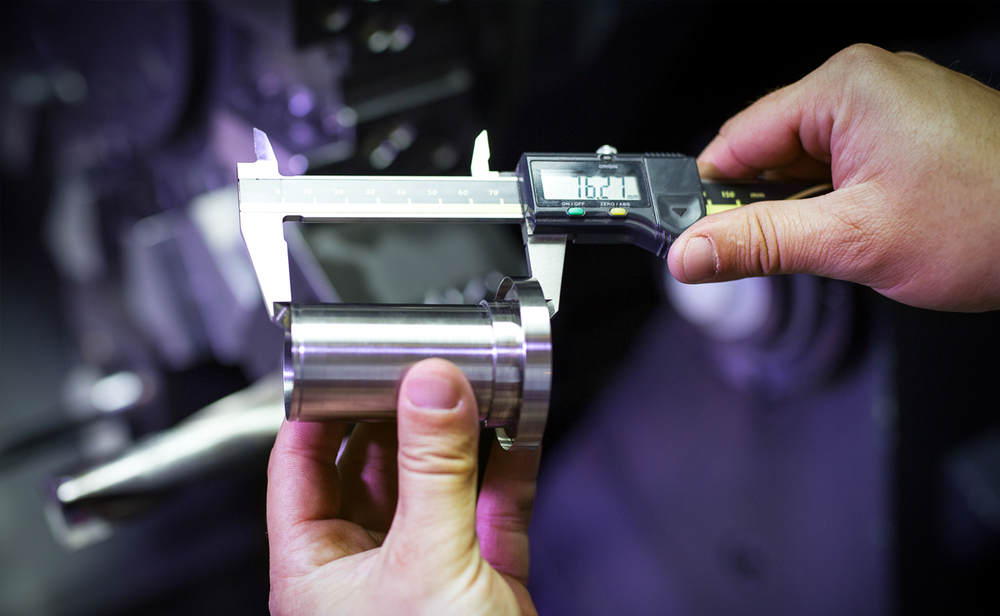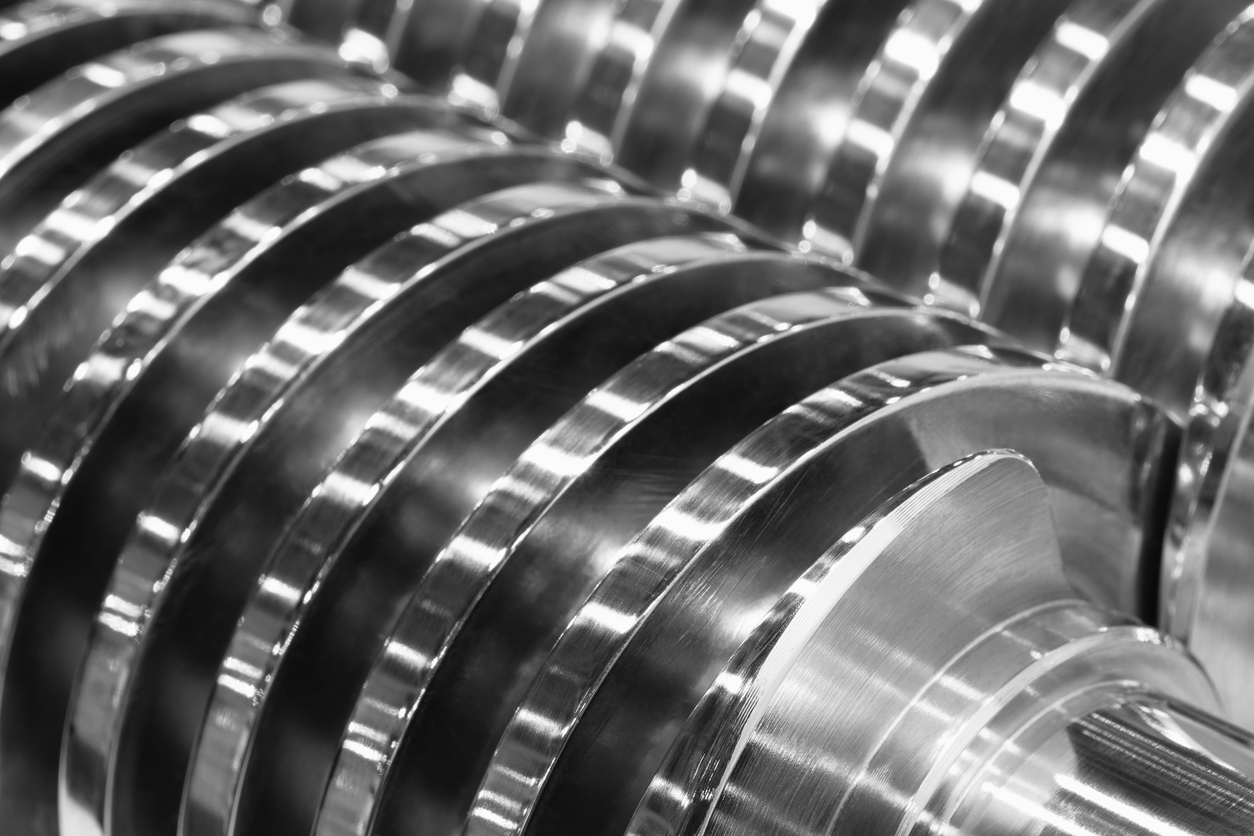The Origins Of Manufacturing Quality
Not that long after the end of WWII, an American named W. Edwards Deming tried to talk his fellow countrymen into putting quality into their products. This was at a time when the term quality control meant a bunch of inspectors sifting through finished products, large and small, and throwing out the ones that didn’t meet basic requirements. Deming was met with a “Thanks but no thanks” reply, which he neither liked nor understood.
Mr. Deming was the man who developed systems for Total Quality Management and was ultimately responsible for much-improved methods of quality control that could be applied to any company of any size. Having been turned away by his fellow countrymen, he took his idea off to Japan. He worked with Japanese companies for some years, knowing that his systems might not bear fruit in the short term, and it did, in fact, take a decade or more before he decided he’d succeeded in his mission. The man’s name is still revered in Japan’s manufacturing establishment.

How Do We Define Quality?
Quality is not just about inspecting a finished product; it’s rather about educating the workforce and getting them to take pride in ownership, one unit with another, to produce goods that meet the customer’s requirements. Of course, it’s really all about the customer, and the motivation to supply a quality product or service must be customer-driven. Hence, we must make sure we know exactly what the customer requires. If we’re supplying steel or other alloys to an end-user, for example, we should ask all the right questions. We need to know what sizes and size tolerances, surface finish, hardness, and other mechanical properties, and what industry or company specification standards are required. In fact, we need to know just about everything that will help our customers on their way to their best possible finished product.
Time was when quality was the responsibility of a Quality Control Department, whose mandate was to ensure that sub-standard stuff didn’t reach the customer’s floor. Material rejected against an order could either be scrapped or reapplied against other, less demanding orders. But there were always attendant dollar losses and the necessity for large areas of a plant to be used for rework.
A true quality program requires the participation of every person who “touches” the product, from the salesperson who takes the order, to the forging team, heat treatment team, machining team, and testing team to the loading dock worker who loads the material on a truck. All forging processes within a company, including times, temperatures, reductions, etc., should be standardized according to each customer’s requirements and end use.
Quality pays. It pays the supplier with lower rejects, thus increasing yield and productivity. It pays the customer because they receive material they can use with confidence. With open die forging and seamless rolled rings, rejects or part failures can lead to expensive machine failures, downhole breakdowns, or even life-threatening disaster.
We Understand Quality
All Metals & Forge Group takes great pride in maintaining one of the most stringent ISO9001, AS9100 quality systems in the open die forging and seamless rolled ring industry. It begins with learning the customer’s end use, required forging surface condition, mechanical properties of the specified material and alloy, forged shape, heat treatment, delivery need, and competitive price, coupled with forging soundness proven by ultrasonic testing, and care in packing goods to arrive in pristine condition at the customer’s desired location. Every step is monitored by the quality system at AMFG and continuously improved.
AMFG performs rough machining to within 3mm of finish dimensions to reduce the CNC cost at the customer’s machine shop for all the forged shapes the company produces. The rough machine surface condition is 250 RMS so that proper quality testing can be performed on each part – the AMFG standard.
The company can perform finish machining to within .001 of an inch for final tolerance and 64 or 32 RMS surface finish. This level of quality and precision is unique in an industry where other company’s parts are often delivered black, as forged, or with a rough machined surface of 500 RMS without the internal or external steps and dimensions to reduce machining costs.
From inquiry to invoice, All Metals & Forge Group quality is managed and not assumed. Whether the need is for one part, an entire project, or a production run, AMFG delivers.



